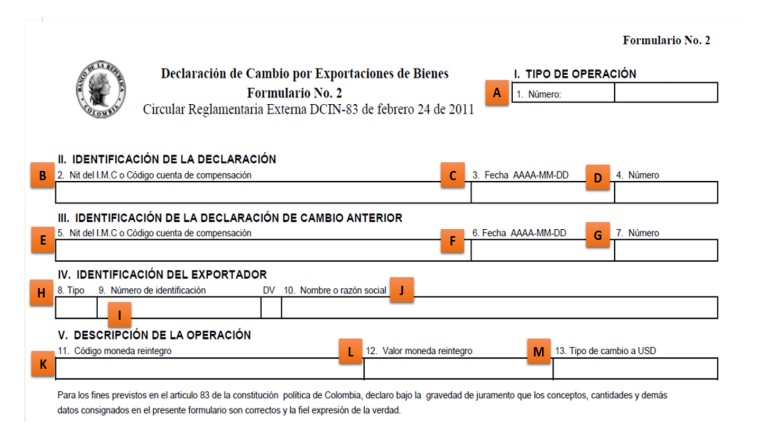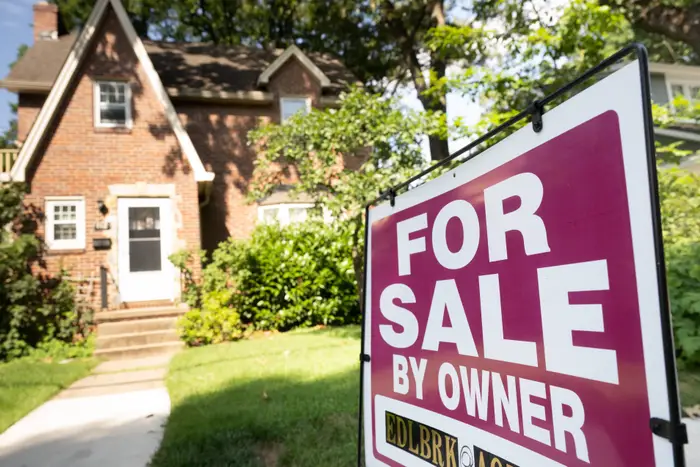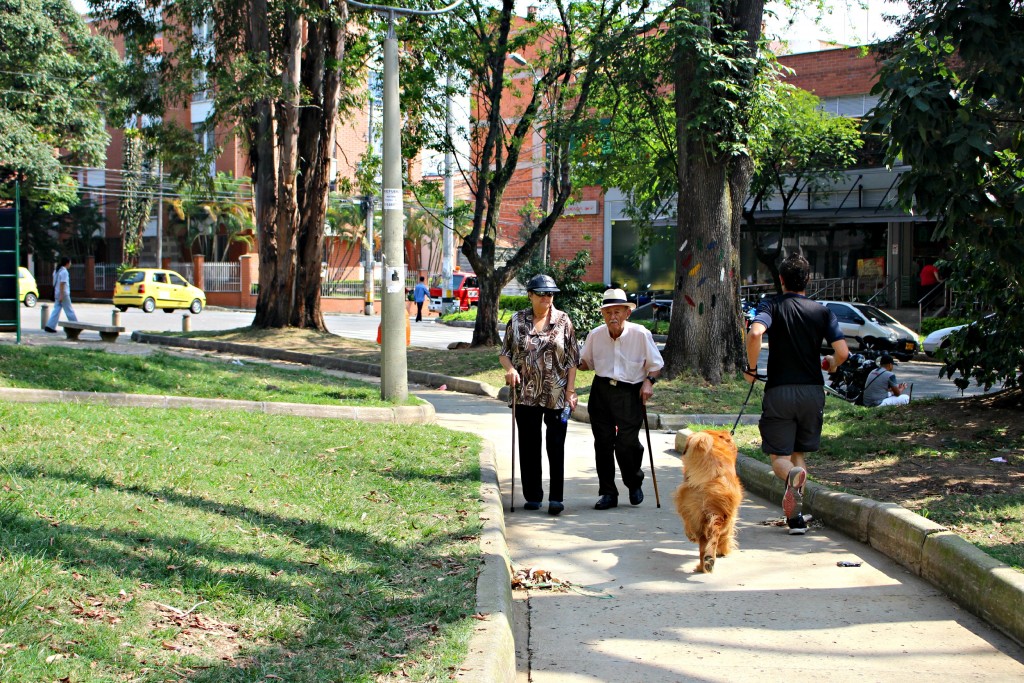Property due diligence in Medellin – 5 keypoints to keep in mind when buying a property in Colombia (2025)
Property Due Diligence in Medellin, Colombia: 5 Key Points to Keep in Mind When Buying a Property t is normal to feel apprehensive when buying property in another country. Each country has different rules, and it can be overwhelming to commit your resources, savings, or investments while depending on others. This short guide will help […]



